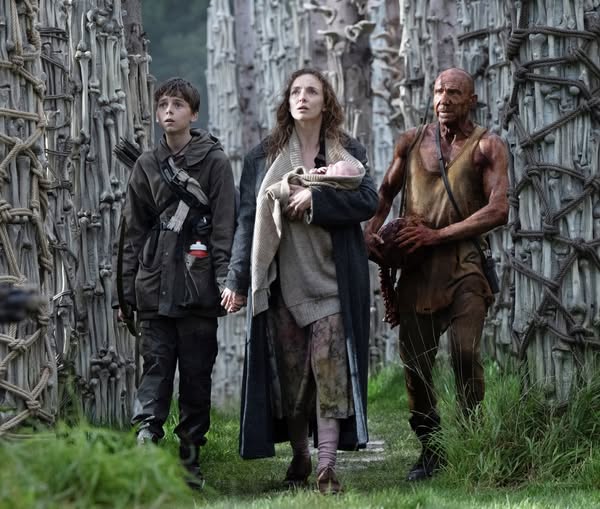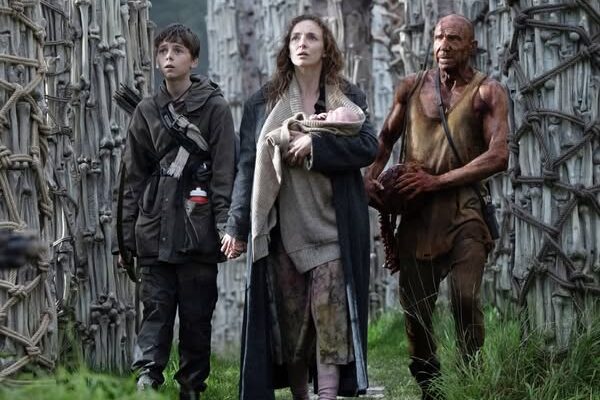“28 Years Later” Wows Critics but Divides Audiences With Bold Genre Shifts and Emotional Twists
While 28 Years Later has earned praise from critics for its gripping zombie action and daring genre shifts, its emotional curveball has left some moviegoers uncertain. The long-anticipated sequel starts as a tense survival thriller focused on a father (Aaron Taylor-Johnson) and his son (Alfie Williams), but halfway through, it transforms into a heartfelt, spiritual drama centered on a mother (Jodie Comer) reconnecting with her child. The film’s emotional final act—complete with tearjerker moments—has taken many viewers by surprise, especially since the marketing gave no hint that tissues might be required.
As The Independent noted in a recent profile of Danny Boyle: “You will cry. Possibly more than once.” Boyle himself acknowledged that this emotional thread was intentionally kept out of the film’s promotional campaign, allowing the story’s deeper, more heartfelt elements to take audiences by surprise.
“Obviously, the core audience is horror fans, and they get concerned if too many reviews label it a tearjerker,” Boyle explained. He pointed out that the original film was also deeply emotional, recalling the powerful scene where Brendan Gleeson’s character, infected, urges his young daughter to run for safety. “So keeping the film’s emotional side under wraps comes from the right instincts. They’re just a bit anxious about how to market that… Yeah, ‘you’ll weep with terror.’ That’ll do.”
28 Years Later marks Boyle’s return to the zombie franchise he launched with 2002’s 28 Days Later, while Juan Carlos Fresnadillo directed the 2007 sequel, 28 Weeks Later. In a recent interview with Variety, Boyle reflected on the challenges of releasing horror films more than twenty years apart.

“Women now make up an important part of the horror audience,” the director said. “I vividly remember when we made the first film, someone in a position of authority — who seemed to know what they were talking about — told us, ‘No women will see this film.’ I think it was during a discussion about how to highlight Naomie Harris’ character. At the time, there was a dismissive attitude toward women watching horror movies. That’s changed, and I think that’s a very positive development, obviously.”
“It’s also part of why horror has endured as a genre, and why it plays a vital role in preserving the communal cinema experience,” Boyle added. “People clearly still prefer to watch horror films in theaters when they can, and we should celebrate that — especially as more of our lives move into the technology we carry in our pockets.”
While audiences remain divided over the tonal shifts in 28 Years Later, Sony’s choice to market the film purely as a horror movie clearly paid off: 28 Years Later grossed $30 million in its domestic opening, marking the biggest launch in the entire 28 franchise. The next sequel, 28 Years Later: The Bone Temple, is set to hit theaters in January 2026.



